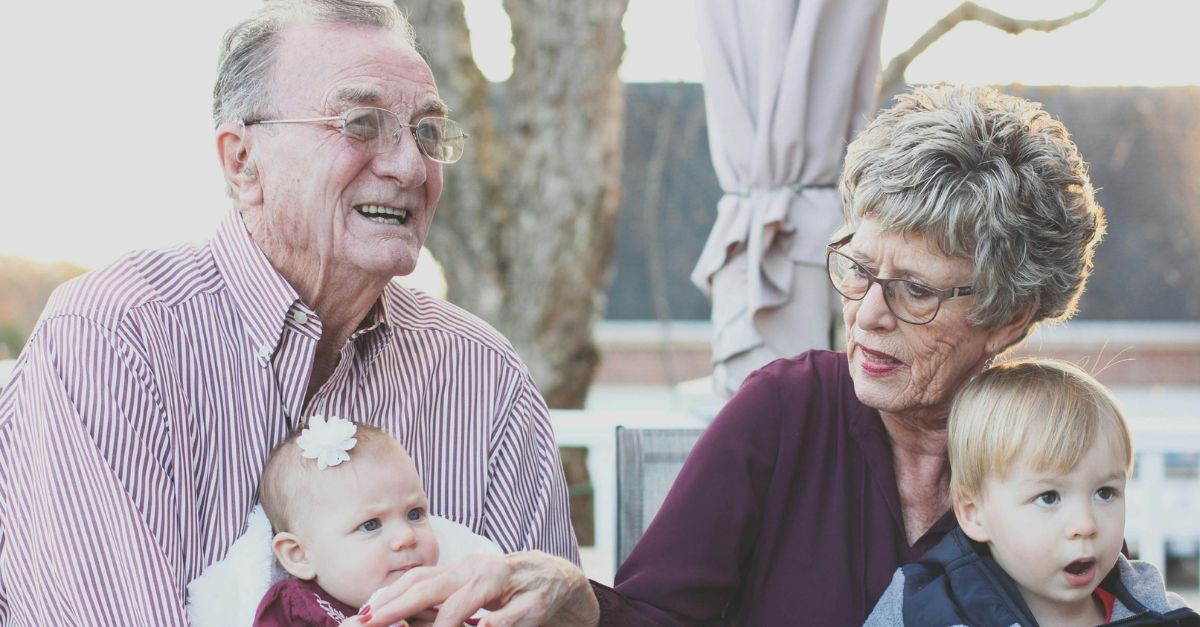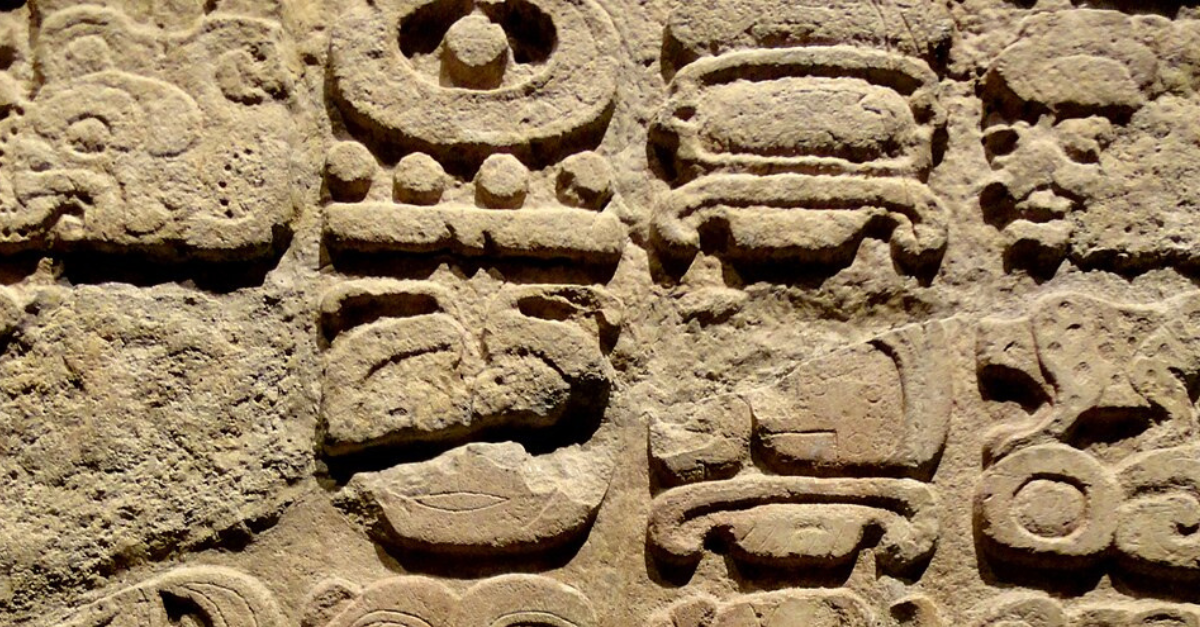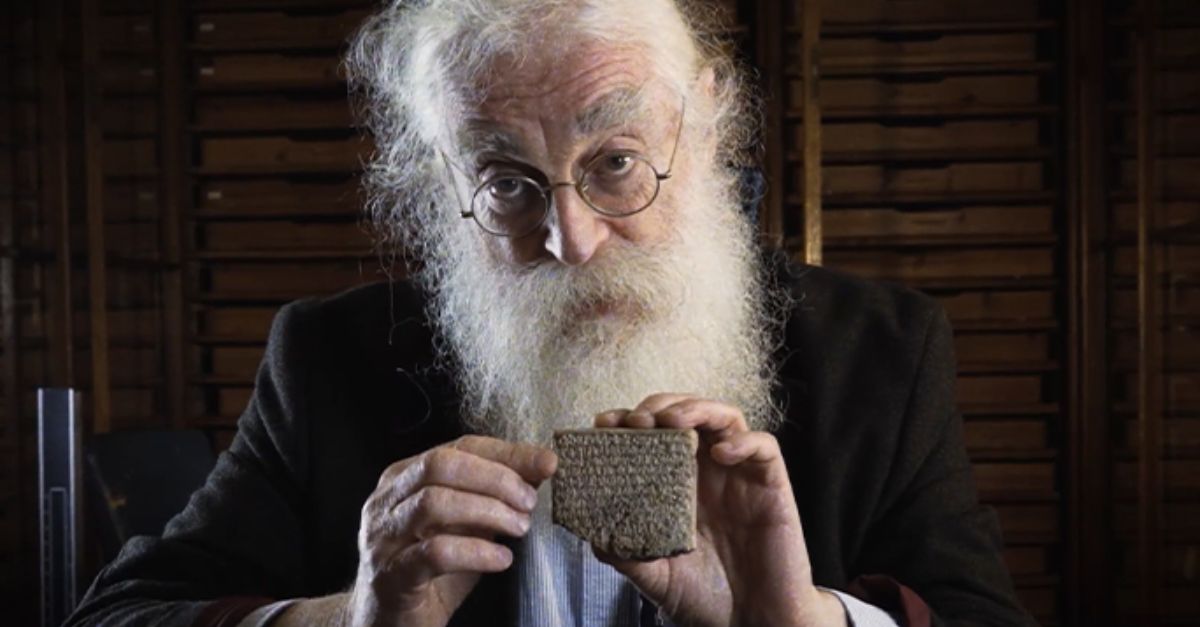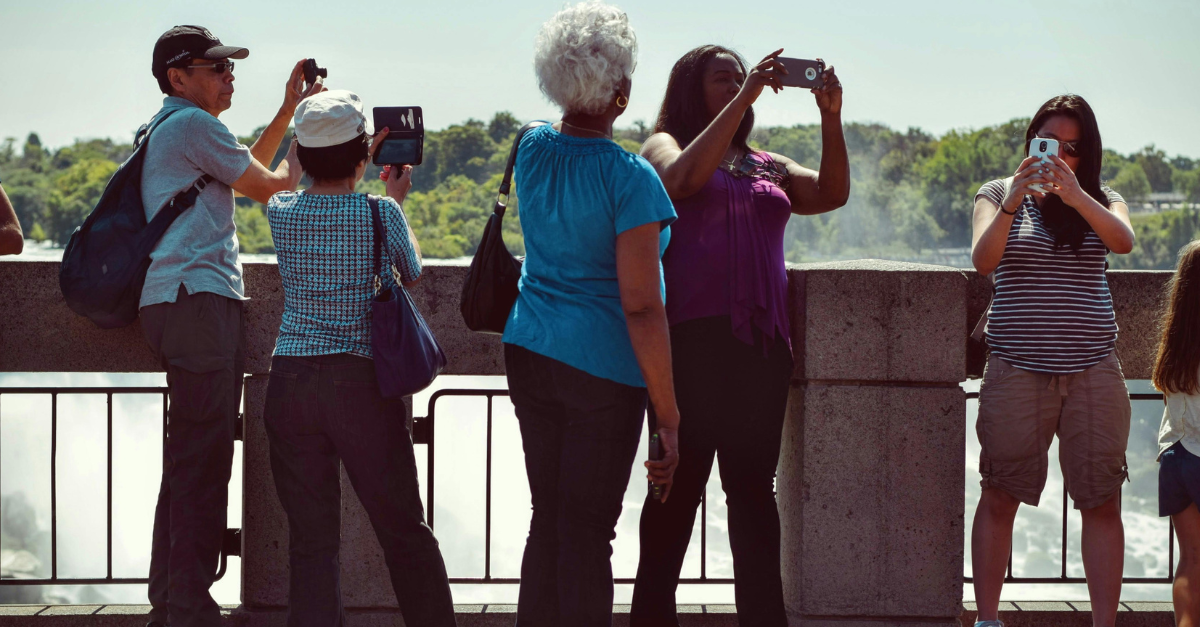Golden Years, Golden Wisdom
On this planet, there are cultures where wrinkles are medals of honor—where gray hair is a treasure map of life experiences. These cultures truly celebrate the wisdom that comes with growing older.

Why The Elderly Are The Cream Of Society:
Collectively, the elderly have seen it all, so why wouldn’t they be the cream of society? They’re living libraries of human experience, and their perspective surpasses challenges with accumulated knowledge from profound emotional intelligence, thoughtful decision-making, and the skill to handle complex situations with a calm, seasoned approach.
Chinese Culture
When most perceive the older generations as frail and weak, the Chinese see otherwise to the point that it is now law. The country's legislative protection meets cultural reverence through the "Elderly Rights Law". Under this law, adult children are mandated to visit their old folks or maintain contact.
 China’s Nursing Home Stigma: Who Will Care For The Elderly? | Insight | Full Episode by CNA Insider
China’s Nursing Home Stigma: Who Will Care For The Elderly? | Insight | Full Episode by CNA Insider
The Chinese Law Says So
The law also mandates that elderly individuals have the right to receive material assistance, social services, and preferential treatment. You’ll also find quite a bit of activities set to involve the retired crowd. Besides the law, the elderly are also celebrated on Chongyang, the Double Ninth Festival.
 Chongyang Festival: Home by China Cultural Center in Brussels
Chongyang Festival: Home by China Cultural Center in Brussels
Indian Culture
Picture this: You're at a family gathering, and your teenage cousin drops to touch her grandmother's feet. Sounds weird, right? But in India, this is a profound cultural code. The tradition of "Charan Sparsh" isn't some dusty old ritual but a living, breathing way of acknowledging wisdom.
Indians Live As One
Another way it's easy to tell that Indians adore their elderly is because they live with them. Many Indian families live in joint households where elders often serve as the heads. This is not only for show; they’re part of the decision-making process for everything.
 Lisa and everlast jorney, Pexels
Lisa and everlast jorney, Pexels
Japanese Culture
In Japan, aging is a celebrated journey. The national holiday "Respect for the Aged Day" brings families together to recognize the profound value of their elders. This entire day is dedicated to honoring the wisdom accumulated over decades, complete with special meals and heartfelt gifts.
 My 92 Year Old Japanese Grandma by Marintia Eiko
My 92 Year Old Japanese Grandma by Marintia Eiko
Japanese Wisdom's Honored Keepers
The 60th birthday, known as “Kanreki,” symbolizes a full cycle similar to the Chinese zodiac calendar, marking rebirth and renewal. Similarly, the 77th, 88th, and 99th birthdays, each with unique names, are widely celebrated with gifts like red clothing. It’s a birthday bash worth living for, wouldn’t you agree?
 Japan Adventures & Grandma's 100th Birthday! By AtomicMari
Japan Adventures & Grandma's 100th Birthday! By AtomicMari
Korean Culture
Koreans also celebrate milestone birthdays—60th birthday (Hwangap) and 70th birthday (KohCui). These events are planned and celebrated with equal gusto because they represent reaching an age of wisdom and accomplishment. This is a heartwarming tradition that turns aging into a party.
Koreans Keeping The Family Together
Korea’s population is rapidly aging, with seniors now accounting for 16% of the population—a number expected to double by 2040. But even as times change, Korean families stay deeply connected, often living together in multigenerational homes.
 Visiting My Grandparents' Cemetery in the South Korean Countryside (VLOG) by Laureli
Visiting My Grandparents' Cemetery in the South Korean Countryside (VLOG) by Laureli
Native American Cultures
With over 500 tribes across the United States, traditions vary, but respect for elders is universal. Tribes like the Cherokee and Navajo hold elder councils to guide community matters. They value their life experiences and insights and use their advice to sort out all kinds of problems.
 How This Native American Elder Reclaimed Sacred Land in the Bay Area| KQED Truly CA by KQED Arts
How This Native American Elder Reclaimed Sacred Land in the Bay Area| KQED Truly CA by KQED Arts
The Keepers Of The Native American Customs
Elders are viewed as keepers of wisdom. Their stories, passed down orally, are treasures that preserve tribal history and traditions. Certain versions of the “powwows” celebration honor elders, and they showcase their vital role in sustaining cultural heritage. Who wouldn’t want such a legacy?
Mediterranean Cultures
Mediterranean cultures, such as the Greek, Persian, Italian, and Romanian, know how to keep the family flame alive, especially for their elders. In countries like Greece and Italy, multigenerational households are common, and grandparents play active roles in raising children.
 Life in Italy during WW2 | My grandparents' story [ENG SUB] by Italy by Italians
Life in Italy during WW2 | My grandparents' story [ENG SUB] by Italy by Italians
Those That Live And Eat Together?
Flourish together. These cultures hold celebrations like "Name Days" to honor individuals. Such Mediterranean societies, with their close family ties and healthy diets, have some of the world’s longest life expectancies. Maybe it’s the olive oil or the affection—either way, they’ve cracked the code on aging happily.
 Ikaria, Greece. The Oldest People In The World by Science
Ikaria, Greece. The Oldest People In The World by Science
African Cultures
Naming after the elderly has to be perhaps the most profound way Africans honor their elderly. While Western cultures add the suffix Junior after the first name, African couples simply name their offspring, their parents, or grandparents. Events such as weddings also feature special tributes to elders.
Celebrated Across Africa
Ghanaians have the Elder's Day celebration to honor older citizens with special events that include traditional music, dance, and storytelling sessions. In Burkina Faso, Ethiopia, Kenya, and many more nations, they’re held in high regard, and they act as mediators in disputes within the community. They’re also significant decision-makers.
Scandinavian Culture
Scandinavian countries have rules and laws in place to ensure the utmost comfort for their old folks. For example, Sweden and Denmark allow seniors to stay at home for as long as they want. The Swedish government also has senior housing units designed specifically for the elderly.
 New Swedish law enables government funding for babysitting grandparents by Euronews Next
New Swedish law enables government funding for babysitting grandparents by Euronews Next
Inclusivity For All
With nearly 20% of the population aged 65 and over, Scandinavian societies ensure their seniors feel included and valued. Even with grey hair, the elders still participate in decision-making processes, including voting at elections. Whether it’s through policies or parties, aging here is anything but isolating.
 Meeting My Family In SWEDEN 🇸🇪 by William Taudien
Meeting My Family In SWEDEN 🇸🇪 by William Taudien
Latin American Cultures
Latin American families also embrace the multigenerational household culture as well. In these homes, grandparents play key roles in childcare and family traditions. Celebrations like “Día del Abuelo” (Grandparents’ Day) are filled with pompous activities that honor the wisdom and love grandparents provide.
 26 de Julio. Feliz dia de las Abuelas y Abuelos by Solidaridad Intergeneracional
26 de Julio. Feliz dia de las Abuelas y Abuelos by Solidaridad Intergeneracional
Parties Galore
In countries like Guatemala, August 21 is celebrated as Senior Citizens Day. This day raises awareness about the hardships faced by the elderly and celebrates their lives. Know of the legendary 15-year-old’s quinceañera? Mexicans have a unique one for elderly women who never had the opportunity to have a quinceañera.
 Milwaukee senior citizens celebrate long-awaited quinceañera by TMJ4 News
Milwaukee senior citizens celebrate long-awaited quinceañera by TMJ4 News
Filipino Culture
Whenever Filipinos gather, the elderly are given special attention. Specifically in the Philippines, respect for elders is shown through gestures like “Mano,” where younger individuals take an elder’s hand and touch it to their forehead. Even though this gesture is less common today, it's still a touching tradition—literally!
 Foreigners Learning Filipino Respect by BecomingFilipino
Foreigners Learning Filipino Respect by BecomingFilipino
Elderly Roles
In these parties, you’ll also find that the elderly take specific roles. They may lead prayers, give out blessings, or be given honorary positions in the celebration. Such actions show that the elderly are valued members of the community, a tradition observed in all Filipino cultures.
 My Filipino Family: A True Bonding Experience by Wil Dasovich
My Filipino Family: A True Bonding Experience by Wil Dasovich
Tibetan Culture
For Tibetans, aging is more spiritual than physical. Elders are respected for their life experiences and spiritual growth, and they also take up roles in leading community prayers and rituals. Significant birthdays are also marked with ceremonies that bring people together.
 Tibet Oral History Project: Interview with Tsering Dolma on 4/1/2017 by Tibet Oral History Project
Tibet Oral History Project: Interview with Tsering Dolma on 4/1/2017 by Tibet Oral History Project
Tibetan Customs
One notable practice is “Chema Changphu,” a ceremonial offering of tsampa and butter sculptures. Elders are often the first to receive this offering. Additionally, in Tibetan Buddhist beliefs, dying alone is undesirable, as being surrounded by loved ones is thought to foster positive karma and lead to a favorable rebirth.
Buddhist Cultures
The young living in Buddhist societies will always bow down whenever an elderly person walks in. It's also common to offer food and seek blessings when you are in their presence. This kind of intentional care is practiced throughout—from Vietnamese to Nepalese to Bhutanese.
 Bowing by Grand Rapids Buddhist Temple
Bowing by Grand Rapids Buddhist Temple
Until The End
In one specific event, the End-of-Life Rituals, family and friends often gather around the dying person to chant mantras and meditate. If possible, a Buddhist monk or nun is also present to offer spiritual support and guidance. They may lead prayers and rituals to ensure a favorable rebirth.















